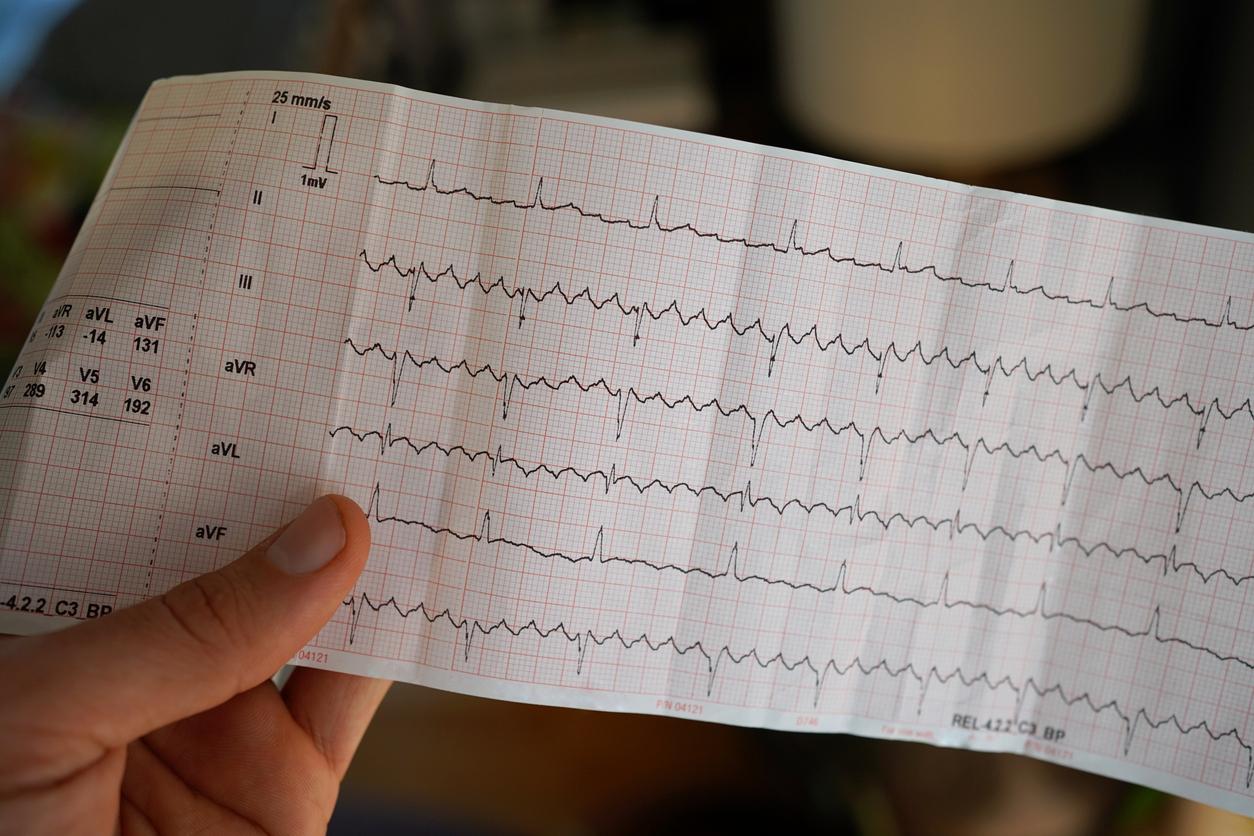The pill will be hard to swallow for all the doctors who fight daily to fight against the therapeutic non-compliance of their patients. It is true that the misuse of drugs or the abrupt cessation of treatment very often lead to failures, or worse, to complications in the condition of the patients.
However, a study reveals that people who have had a heart attack have a 20 to 25% higher survival rate by taking only a quarter of the recommended dose of their medication.
Published in the Journal of the American College of Cardiology and relayed by AFP, this analysis is based on data on 6,682 victims of a heart attack, almost all of whom (90%) were treated with different doses of beta-blockers. This therapeutic class reduces cardiac arrhythmia and protects the heart against further failure. The prescribed doses vary depending on several factors such as side effects, risk of fatigue or erectile dysfunction.
It is therefore by chance that the researchers made an astonishing observation. “We expected to see the patients treated with the lowest doses of beta-blockers have the lowest chances of survival and we were totally surprised to find the exact opposite”, confirms the main author of this study, Jeffrey Goldberger, professor of Cardiology (Northwestern University). 9.5% of patients who took a quarter of the recommended dose died within two years of their heart attack, compared to 14.7% in the group who respected the normal dose.
However, the researchers do not draw any hasty conclusions, but the conviction that there is no “single ideal dose”. It must be assessed according to the patient’s profile. “The same dose can certainly not have the same effects on a frail 80-year-old patient who has a small heart attack as on a 40-year-old man in the prime of life struck down by a massive heart attack”, summarizes the specialist .

















